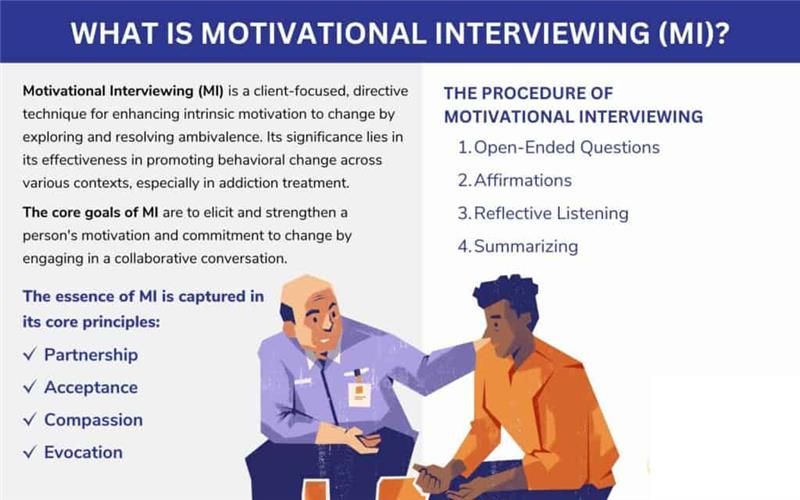Motivational Interviewing: Empowering you to Take Charge of Your Life
Motivational Interviewing is a powerful, client-centered technique widely used in healthcare to encourage positive behavior change. Whether your goal is to manage chronic illness, adopt healthier habits, or struggling with consistency, motivational interviewing can assist due to its ability to help with building trust, strengthening engagement, and improving outcomes.
Motivational interviewing focuses on enhancing a person’s internal motivation to make meaningful changes. It is particularly useful in areas where ambivalence or uncertainty may interfere with treatment adherence or lifestyle adjustments.


